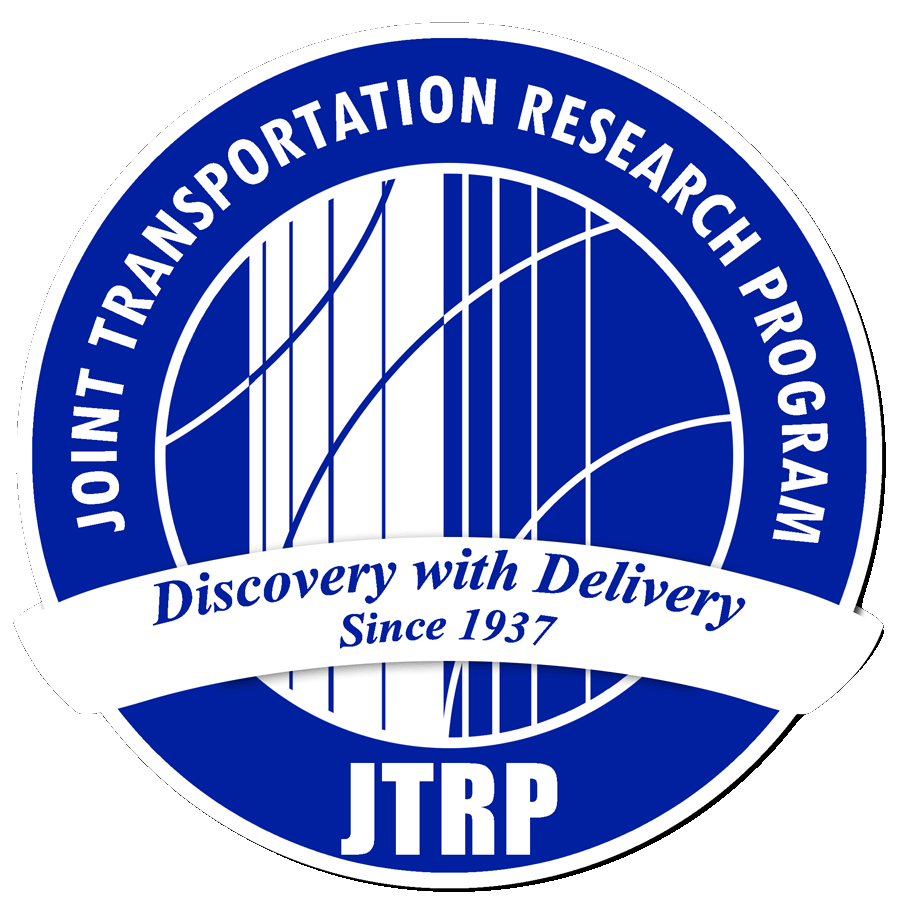Abstract
Indiana’s House Enrolled Act (HEA) 1190-2021 was implemented in January 2022 to address concerns regarding the overweight (OW) loading behavior of the freight transportation industry and OW permitting. The Act required the Indiana Department of Transportation (INDOT) to adopt emergency rules and a fee structure for the interim period. At the start of the interim period (which is still ongoing at the time of this writing), the permit fee was increased from 7 cents/Equivalent Single Axle Load (ESAL)-mile to 25 cents/ESAL-mile. INDOT commissioned the current study to provide specific information about the effects of the Act on OW permit and revenue trends, infrastructure, and safety. The study results suggest that the Act caused an increase in the number of permits issued and permit revenue; a decline in the average Gross Vehicle Weight (GVW) and ESALs; but no significant impact on pavement and bridge damage or safety at the permitted routes. The Act helped to close the gap between OW-induced infrastructure consumption and revenues from OW-induced fuel-tax revenue overall. It also closed the gap between OW-induced infrastructure consumption and permitting revenues for non-interstate OW operations. Feedback from freight transportation industry representatives indicated a strong propensity to help protect the infrastructure via axle addition, particularly with incentives. Overall, the Act’s evaluation indicated no significant adverse impact on permit volumes and revenues, and most importantly, on infrastructure and safety. As such, the study results suggest that there is no need for any further adjustments in the OW divisible load permitting fee structure. In addition, efforts to further encourage responsible loading behavior—such as fee discounts or credits to encourage ESAL addition and travel at specific road classes at certain times of the year—could be pursued.
Keywords
overweight, permit fee, ESALs, highway policy, highway legislation
Report Number
FHWA/IN/JTRP-2024/16
SPR Number
4606
Sponsoring Organization
Indiana Department of Transportation
Performing Organization
Joint Transportation Research Program
Publisher Place
West Lafayette, Indiana
Date of Version
2024
DOI
10.5703/1288284317749
Recommended Citation
Labi, S., Dunlop, S. R., Brady, T. F., Jr., Mwamba, I. C., Thakkar, D. J., Ramachandran, S., Edwards, B., Cherian, R., & Chung Li, M. A. (2024). Overweight divisible loads: Permit administration and impact on Indiana’s road infrastructure and safety (Joint Transportation Research Program Publication No. FHWA/IN/JTRP-2024/16). West Lafayette, IN: Purdue University. https://doi.org/10.5703/1288284317749
Technical Summary


